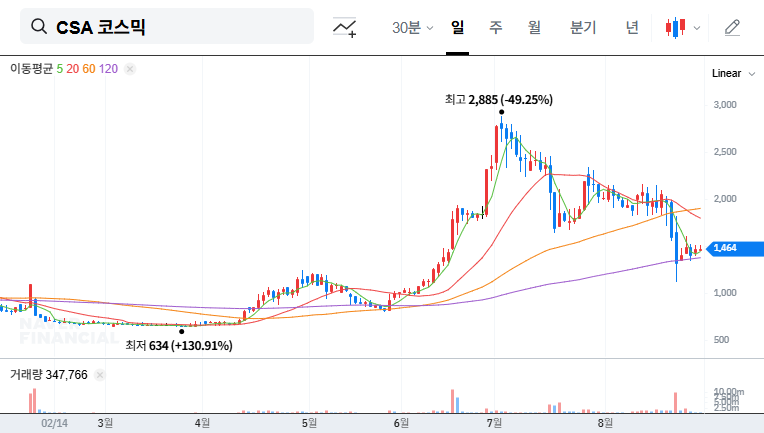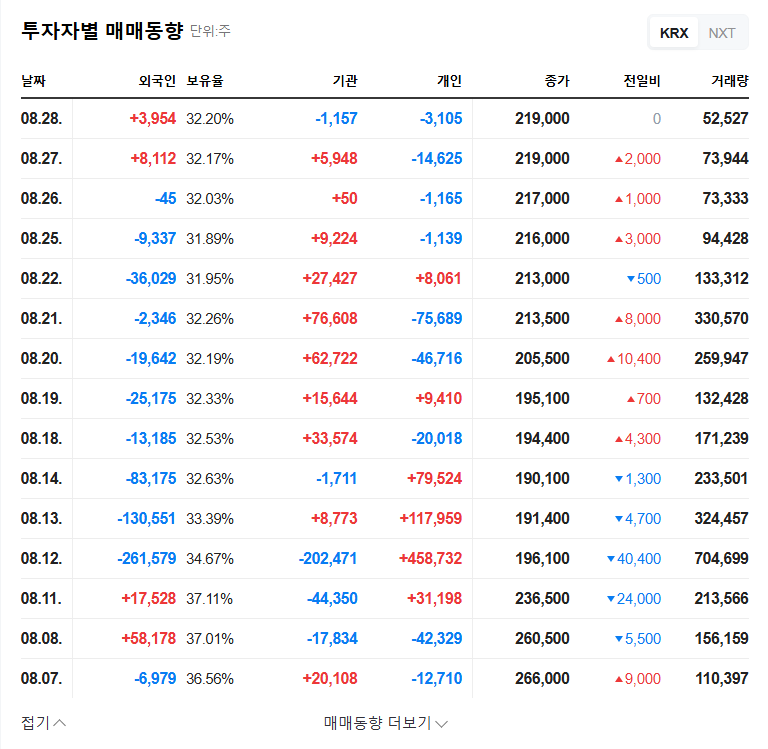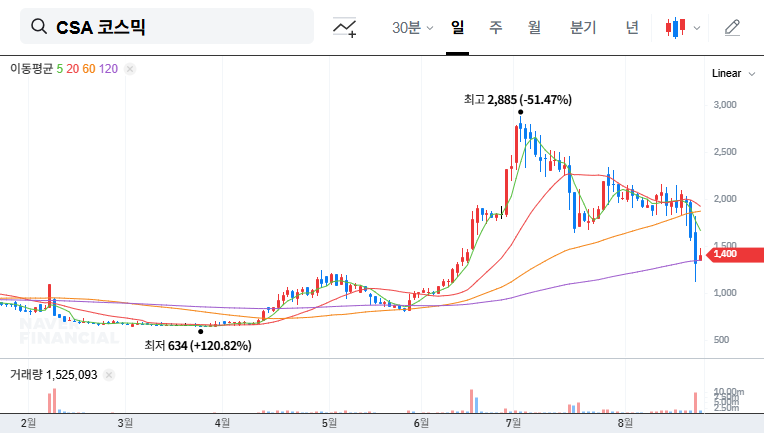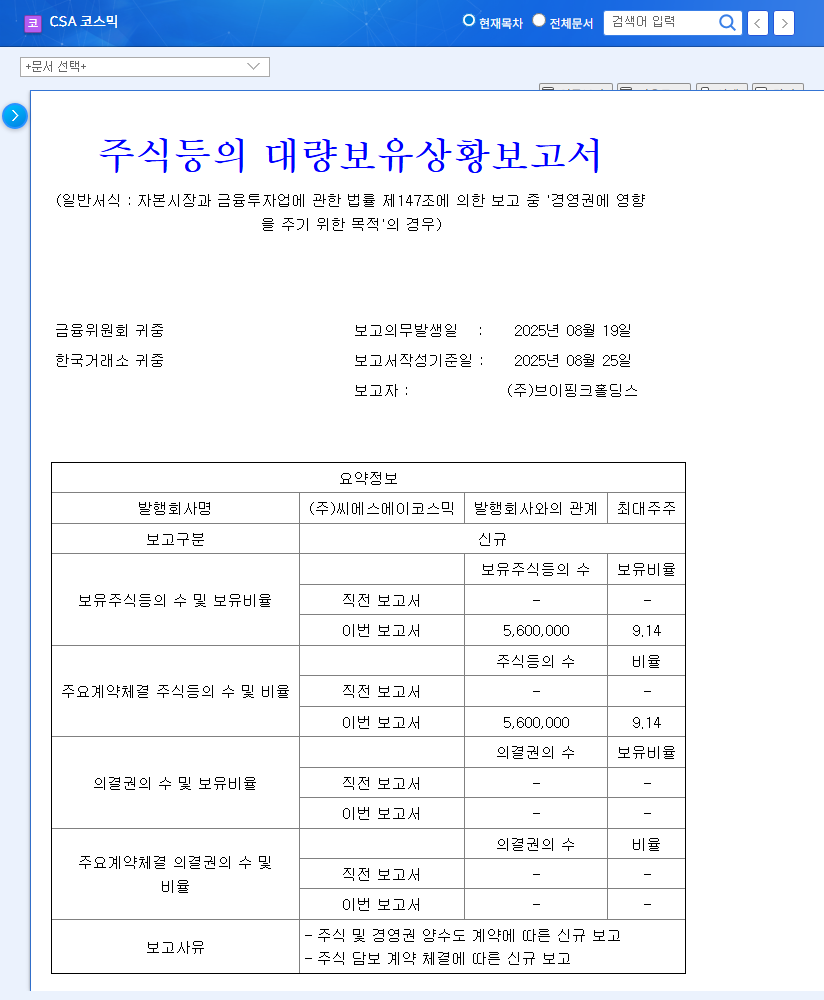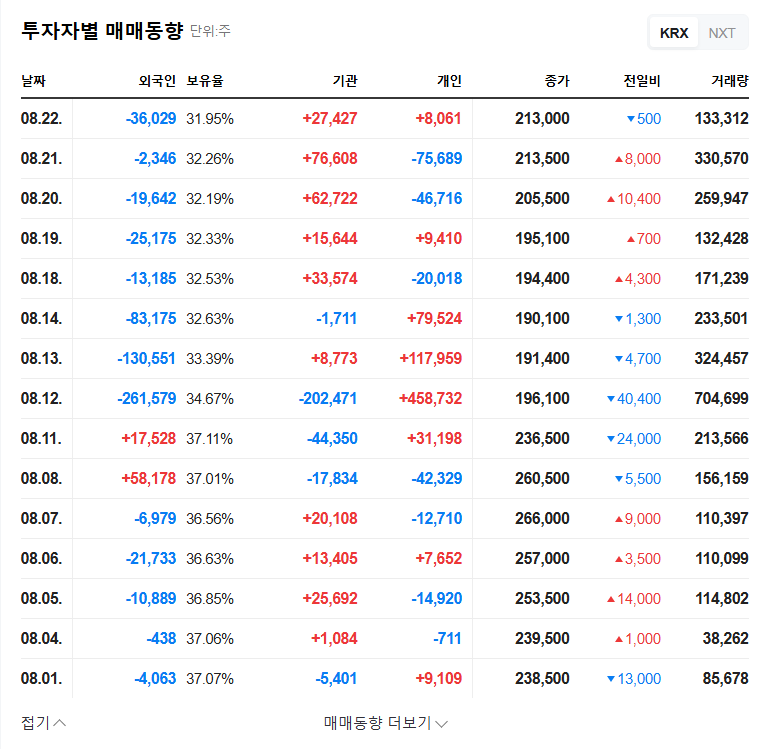
SGA’s Change in Major Shareholder: What Happened?
On September 10, 2025, SGA’s largest shareholder changed from ‘SGA Holdings Co., Ltd. et al.’ to ‘Asia Strategy Partners LLC’ through a third-party allocation of paid-in capital increase and a stock transfer agreement. The newly issued shares and the transferred shares are subject to a one-year lock-up period.
Why Did SGA Change its Major Shareholder?
SGA is facing difficulties due to declining sales and an operating deficit in the first half of 2025. This change in major shareholder and capital increase are interpreted as strategies to improve the financial structure and secure funds for new business investments. In particular, with a high dependence on maintenance sales and a lack of new growth engines, the arrival of new management raises expectations for business restructuring and the pursuit of new businesses.
What Does SGA’s Change in Major Shareholder Mean for Investors?
Positive aspects include expectations for management stability, securing new growth engines, and improving transparency and management efficiency. However, there are also negative factors such as increased short-term stock price volatility, uncertainty about fundamental improvement, and concerns about weakening competitiveness of existing businesses. The currently high interest rates and unstable exchange rates are also variables to consider when investing.
How Should Investors Approach SGA?
- Monitor financial soundness recovery trends: Carefully check the use of funds from the capital increase, debt management, and improvement in operating cash flow.
- Evaluate the new major shareholder’s business strategy: Analyze the new management’s business plans, plans to secure new growth engines, and synergy with existing businesses.
- Assess the ability to respond to changes in the market environment: Evaluate SGA’s competitiveness strategy amid intensifying competition and economic downturn.
SGA’s change in major shareholder is an important turning point, but without fundamental improvement, it is difficult to expect a sustained rise in stock price. Make investment decisions through careful analysis.
Frequently Asked Questions (FAQ)
Who is SGA’s new major shareholder?
Asia Strategy Partners LLC.
What is the outlook for SGA’s stock price after the change in major shareholder?
Volatility may increase in the short term, but the long-term outlook depends on the new management’s business strategy and whether fundamentals improve.
What should investors be aware of when investing in SGA?
Investors should carefully analyze trends in financial soundness recovery, the new major shareholder’s business strategies, and the company’s ability to respond to changes in the market environment.


